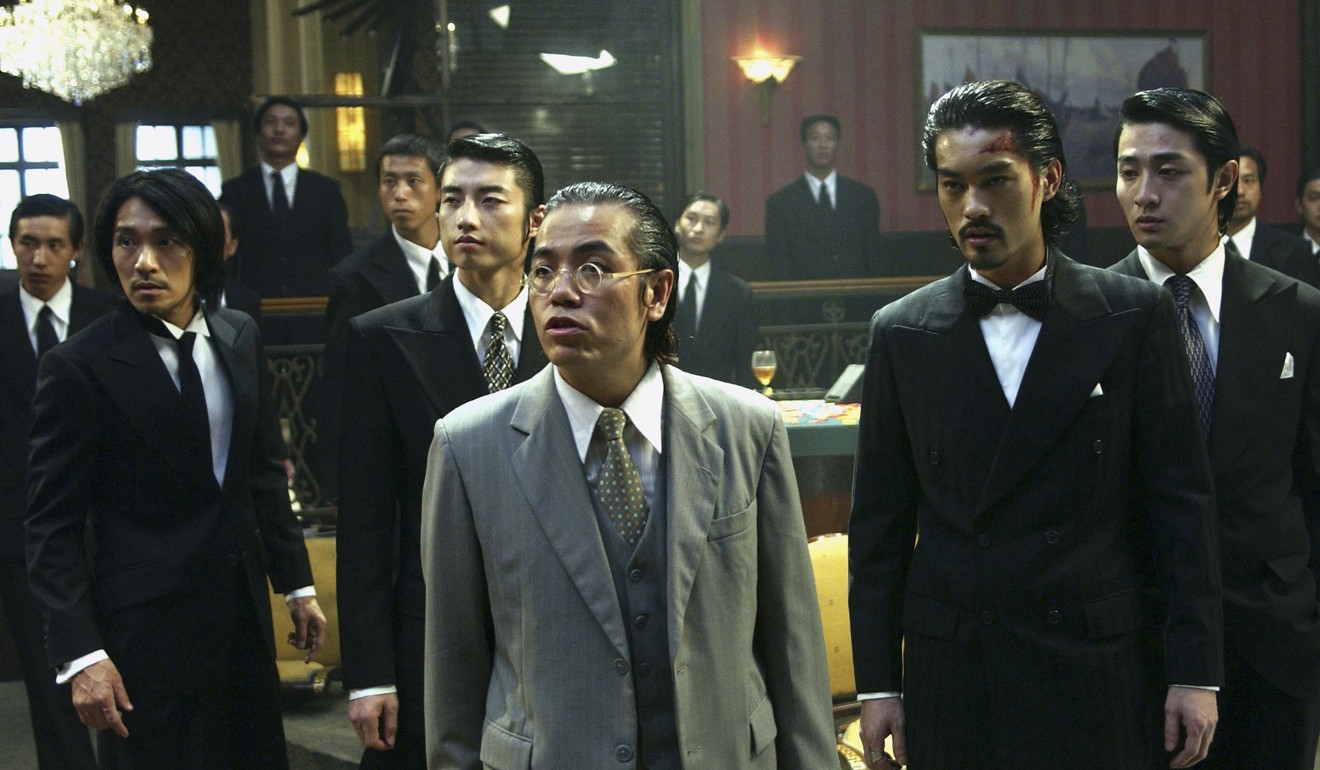
Don’t run into the same tax evasion trouble as Fan Bingbing when working in mainland China, Hong Kong actors warned
Film star’s US$129 million downfall could still have wide-ranging repercussions, including on how local talents sign up for work north of the border
Hong Kong stars flocking to mainland China for showbiz roles have been warned to ensure they do not flout tax rules there, after the country’s highest-paid actress Fan Bingbing was ordered to cough up nearly 884 million yuan (US$129 million) in fines and back taxes.

Sources with knowledge of the case told the Post the actress was released from “residential surveillance at a designated location” – a form of secret detention – about two weeks ago and returned to Beijing as the tax authorities completed their investigations.
Veteran film producer Tenky Tin Kai-man said Hong Kong actors often left income tax issues to the mainland production companies that hired them. They would sign contracts that only stated their after-tax income, with the companies paying authorities on their behalf.
Our federation has been suggesting Hong Kong artists ask for certificates of tax clearance
“It’s been a common practice because it frees the artists from reporting income to the mainland tax authorities,” said Tin, chairman of the Federation of Hong Kong Filmmakers’ executive committee.
But actors then ran the risk of committing tax evasion if they failed to ensure the producers were paying full tax for them.
Tin said making declarations to mainland tax authorities could be confusing and inconvenient, given the artists are not citizens or regular residents across the border.
“Sometimes an artist is hired by a Beijing-based company for a Shenzhen-based production,” Tin added. “In that case, to which authority should the artist report income?”
“That is why our federation has been suggesting Hong Kong artists ask for certificates of tax clearance from their mainland employers.”
For Louis Lam, a global mobility services partner of accounting firm PwC, it would be safer for artists to have their request for the certificates written into their contracts. That is because the documentation was required for the artists to apply for a tax exemption or rebate from the Inland Revenue Department in Hong Kong.
“No matter if the artist is self-employed or an employee, income generated from their performances on the mainland is fully taxable by the mainland authorities,” Lam said.
“The artists’ companies in Hong Kong – either their own or their employers’ – must report all income derived from their businesses to the local tax authority, and at the same time apply for tax rebates or exemptions for earnings from the mainland with sufficient proof, including the certificates from the mainland authorities.”
The certificate was also important for the artists to protect themselves, Lam said, “because you can check if your tax has been paid as it should be”.

Tin noted Fan’s case had aroused “much discussion” in the entertainment industry, as mainland authorities gave all film and TV programme producers and stars until December 31 to review their individual situations and pay their unpaid taxes.
“Transparency in China’s tax environment will keep increasing as the authorities implement financial information-sharing mechanisms and big data technologies, and cross-check reported income levels with public documents and reports,” Lam said.
“Though it usually takes a long time, the mainland tax authorities could ask their Hong Kong counterparts to share information any time under existing treaties.”
Fan Bingbing tax scandal brings China’s film industry to a halt
Amid mainland authorities’ tightening grip, Tin saw an opportunity for Hong Kong.
“Parts of the production might be moved to Hong Kong, hiring local professionals and paying [relatively low] local tax,” Tin said. “But all of these will depend on the production themes and whether the local government is willing to create a friendly environment.”

